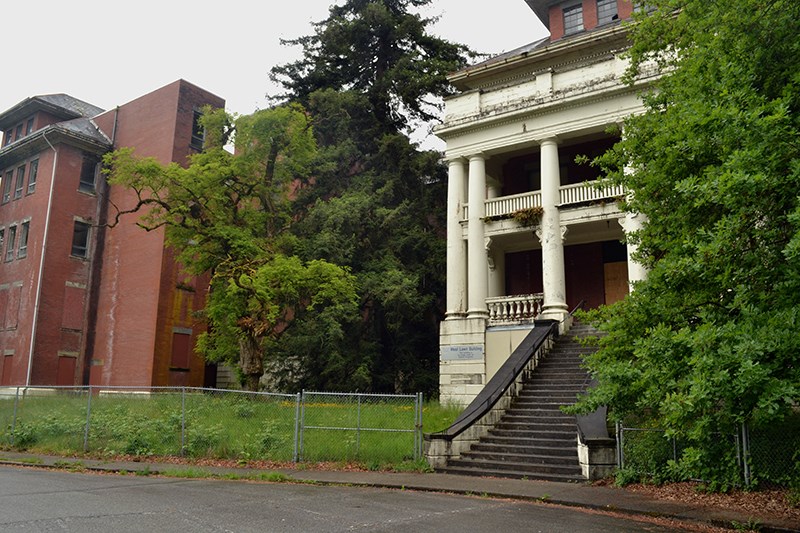The Editor,
Which political and social tyranny deserves our attention? The plight of the mentally ill or the plight of our First Nations? How do we reconcile competing injustices?
Since Riverview Hospital has already been downsized by successive NDP and BC Liberal governments, and the mentally ill displaced onto our streets, should we now turn our focus on decolonization, truth and reconciliation and the land rights of the 100-strong Kwikwetlem First Nation?
A marvellous opportunity has been lost and Premier John Horgan’s inaction so far has done nothing to help. Riverview Hospital has been deconstructed by so many different forces to the unfortunate extent that there is no a mental health facility in the province that offers space for scientists to do research.
Compare this to the Centre for Addiction and Mental Health (CAMH) in Toronto, which recently received a magnificent $100-million anonymous donation for next-generation research into mental health and the practice of care. Again, to our shame, Toronto is not troubled by anything like Vancouver’s Downtown Eastside, British Columbia’s poorest postal code, where residents live in undeserved squalor.
How do I reconcile the province’s crimes against the mentally ill with the crimes against our First Nations? How can I defend the idea of Riverview against so-called less stigmatized alternatives? Here I am guided by the principle of utility or social usefulness — or as the 19th century utilitarian thinker Jeremy Bentham would put it: “The greatest happiness for the greatest number,” which is indeed different from majority rule. Quite simply, laws and institutions are best judged by their practical welfare.
Here in British Columbia, it was once thought that mental illness would disappear with the removal of Riverview. But it is known that one of five Canadians will be affected by mental illness, such as depression, in their lifetime. Combine this with the ongoing problem of adequate access to care and if the ill should find themselves not seeking it out, which can often be the case, then the situation has all the potential of a nightmare, at great cost to society.
In other words, a significant proportion of the population suffers from mental health and/or addictions issues, including First Nations’ peoples, and they are vastly underrepresented in this respect, so it is in everyone’s best interest that Riverview be restored as a hospital and research facility.
Joerge Dyrkton, Anmore



